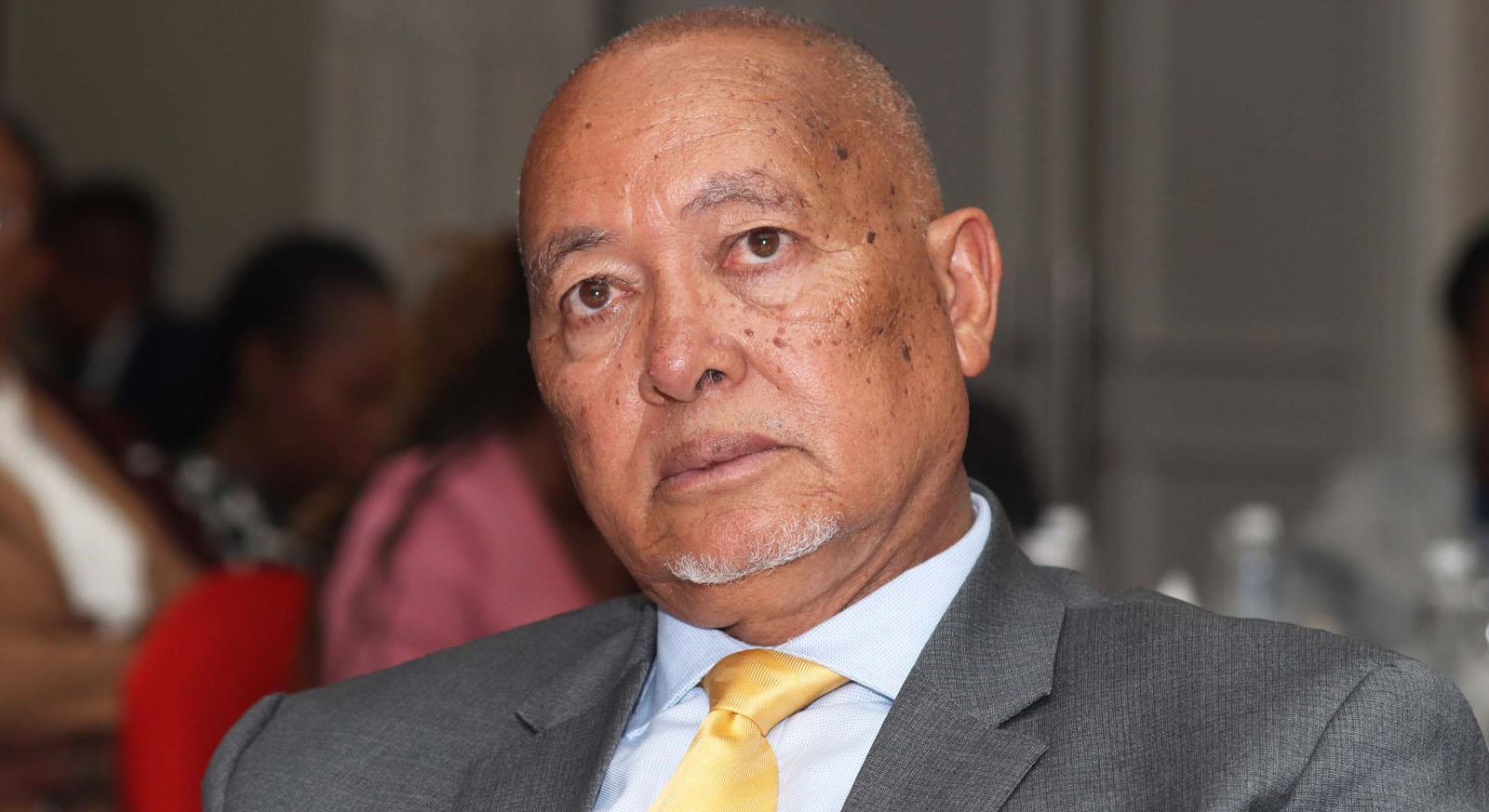Gambling: A silent crisis among youth

SHARE THIS PAGE!
Gambling is fast becoming an insidious and pervasive crisis in Lesotho, particularly among the youth.
An estimated alarming 80 percent of young people are reportedly battling gambling-related issues, a trend driven by a mix of parental neglect, government regulatory gaps, and easy access to online gambling platforms.
Gambling is defined as the wagering of something valuable on a random event with the aim of winning something else of value – typically involving consideration, risk, and a prize. While Lesotho has legalised gambling under the Lotteries and Betting Act of 1984, and expanded it in 1989 to allow for a regulated industry, the oversight may not be keeping pace with current realities.
The Lesotho Gambling and Betting Control Board is tasked with enforcing conformity to gambling laws, licensing operators, and promoting public education on responsible gambling. However, the rising number of cases suggests a need for more proactive intervention.
A 22-year old man who resides at Maputsoe in the Leribe district, who insisted on remaining anonymous, shared his painful journey into gambling addiction.
It all started innocently and as a way of passing time in 2020.
“I loved football, and betting on matches felt natural,” he recalls. “At first, it was just for fun. Sometimes I won, at other times I lost.”
During the COVID-19 pandemic, when university classes went online, things changed. “Life was overwhelming, and my academic performance dropped. I returned home, where idleness and boredom led me to gamble more – this time on fast-paced online games that showed results in minutes. I got hooked,” the man told theReporter in an interview.
He began gambling daily. When his money ran out, he borrowed from friends. When that wasn’t enough, he started stealing. “That’s when I realised I was addicted,” he said.
Eventually, he stopped attending university altogether. “I was ashamed and overwhelmed by debt. I even borrowed from loan sharks. I had no food. I couldn’t sleep. I felt like I was losing my mind.”
His situation worsened – he stopped paying rent and would sneak into his room at night to avoid the landlord. Eventually, the landlord intervened and called his parents. By then it was already too late; the addiction had taken over his life and he had reached a point of return.
“My father sent me transport money to come home but I gambled it all,” the man noted.
Stranded and desperate, he was given a lift by a stranger who listened and offered words of encouragement. Back home, he began to recover by taking up odd jobs.
He is not alone.
Rethabile Mofolo (34) of Ha Thetsane in Maseru, a university graduate who has been unemployed for six years, has come forward to share his battle with gambling addiction.
Faced with years of unsuccessful job applications, Mofolo turned to various informal jobs to make ends meet. Eventually, he resorted to gambling as a way to cope.
It all started with a small bet of M5 on an online money game, which won him M2,000. That initial win, he says, was the beginning of his downward spiral into a bottomless crevasse.
“After winning the M2,000, I got excited and started betting more. I thought I could keep winning, but instead, I ended up deep in debt,” Mofolo explained.
He says his addiction has now reached a point where he finds it hard to stay at home, overwhelmed by constant thoughts of betting and the money he might win – never considering the losses.
“My mind keeps running when I’m idle. I can’t stop thinking about betting. My debts are weighing me down,” he confessed.
Mofolo says he longs for support as he attempts to quit gambling.
“I need someone to talk to – someone who won’t judge me but will be a friend until I’m back to my old self. I’m tired of suffering,” he said.
Leabua Molato, an administrator at the Gambling Awareness Lesotho, has a few words of advice, as he insists that gambling should only be done using disposable income.
“Gambling is entertainment, not a financial strategy. Not more than 0.5 percent of one’s salary should go to gambling,” he advised.
Molato stated that people often get trapped early on by initial wins. “A whopping 80 percent of young people are reportedly battling gambling-related issues, Beginners may believe they’re lucky, but this illusion leads to unhealthy habits.”
He underscored the need to distinguish between those who gamble for income – a harmful practice – and those who do so for entertainment, who can walk away even after losing.
With 25 years in the industry, Molato has seen the darker side of gambling: depression, suicide, and an explosion of unregulated gambling platforms.
He further criticised how easily gambling companies can obtain trading licenses in Lesotho.
“A simple trading license is not enough. There needs to be thorough inspection by the Gambling Board and the Ministry of Tourism,” Molato argued.
He also flagged the shift towards online gambling, which is easier to access and more addictive. “Companies encourage people to register and gamble frequently. It’s about profit, not public welfare.”
Molato bemoans the fact that the government appears to prioritise income tax over public safety.
“There’s little interest in assessing how gambling affects youth. The Lesotho Gambling Board exists, but there’s no real accountability,” he pointed out.
He advocates for more awareness campaigns, addiction treatment centres, and stronger compliance mechanisms. He also suggests changing terminology from “gambling” to “gaming” to encourage a healthier outlook.
Statistics reveal that online gambling sites in Lesotho earn approximately M200,000 daily, while land-based casinos generate M3.8 million per month from slot machines and M1.5 million from table games.
‘Mahlompho Mpokoana, a counsellor at Sima Communications – a digital marketing agency – shared her experiences with clients, many of whom are men, spouses, and parents affected by gambling.
“Clients often feel hopeless,” she said. “I encourage them to see gambling as a game, not a source of income. The issue is mental – it’s about how people view gambling.”
Mpokoana indicated that while gambling offers momentary stress relief, it has no real cure. “What can help is discipline and reducing the frequency.”
She added that men tend to gamble more recklessly and stressed the importance of promoting responsible gambling practices.
Sima Communications, she concluded, is committed to promoting responsible gaming. “We believe in ensuring customers enjoy their experience without falling into financial or psychological harm.”
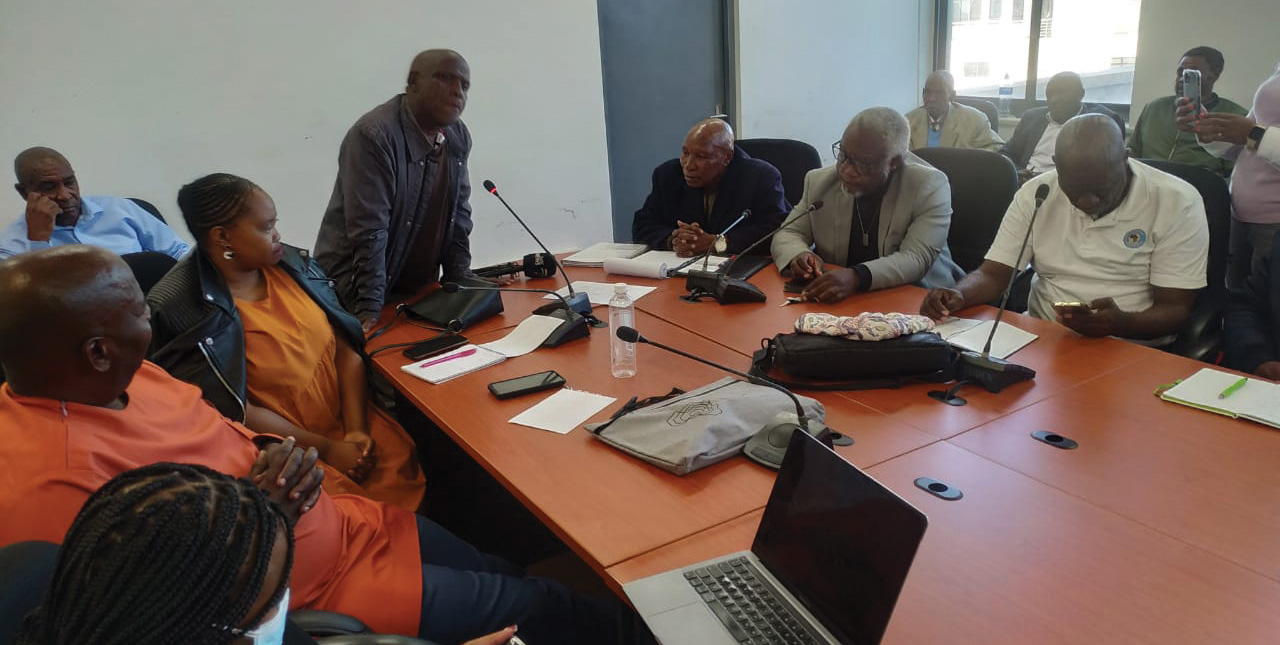
Thousands of ex-miners remain untraceable
5 days ago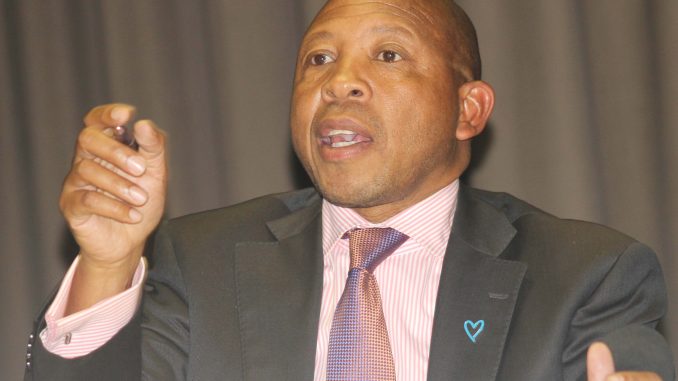


VCL warns against scammers
5 days ago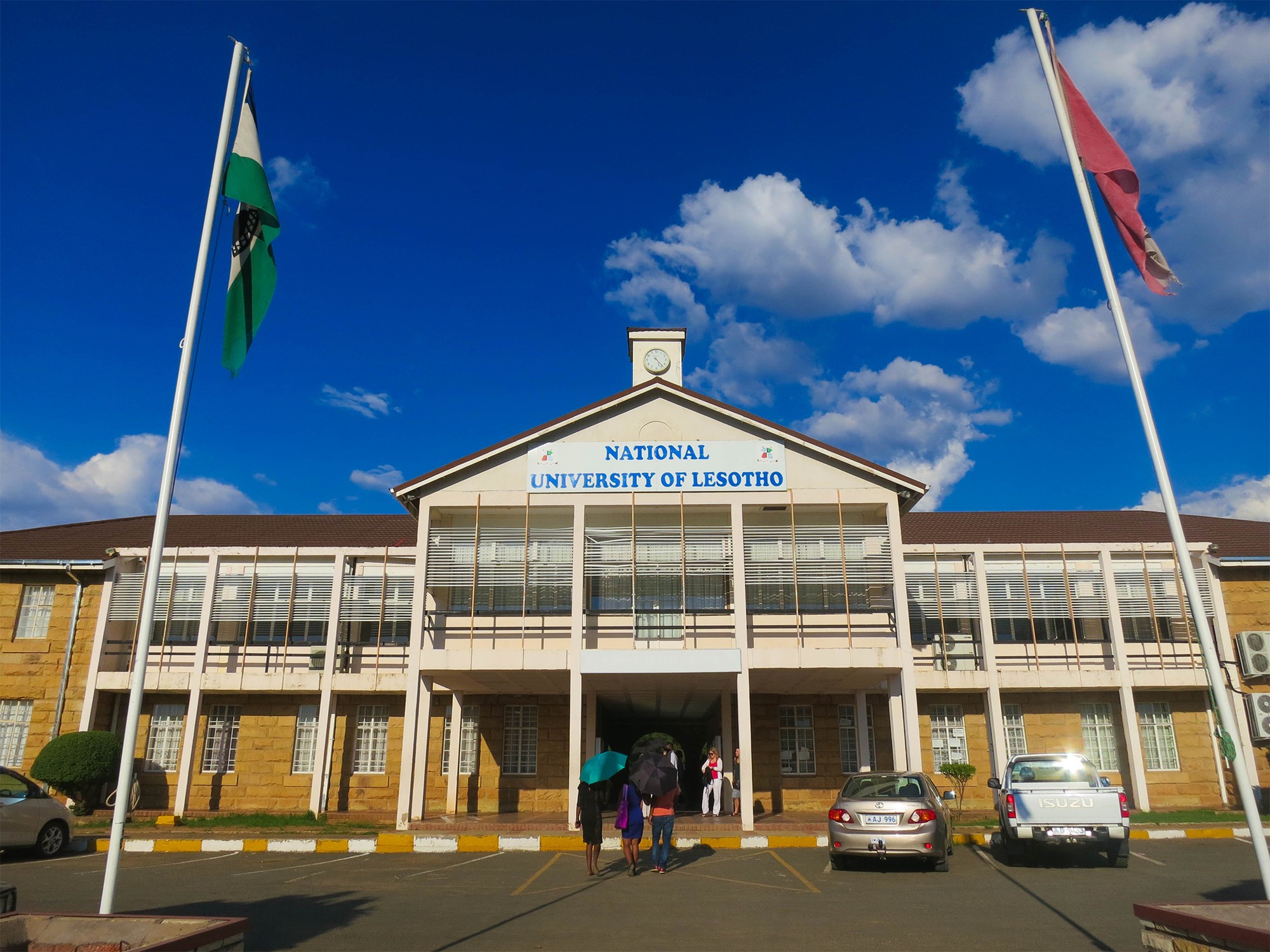
Scholars discuss global health issues
7 days ago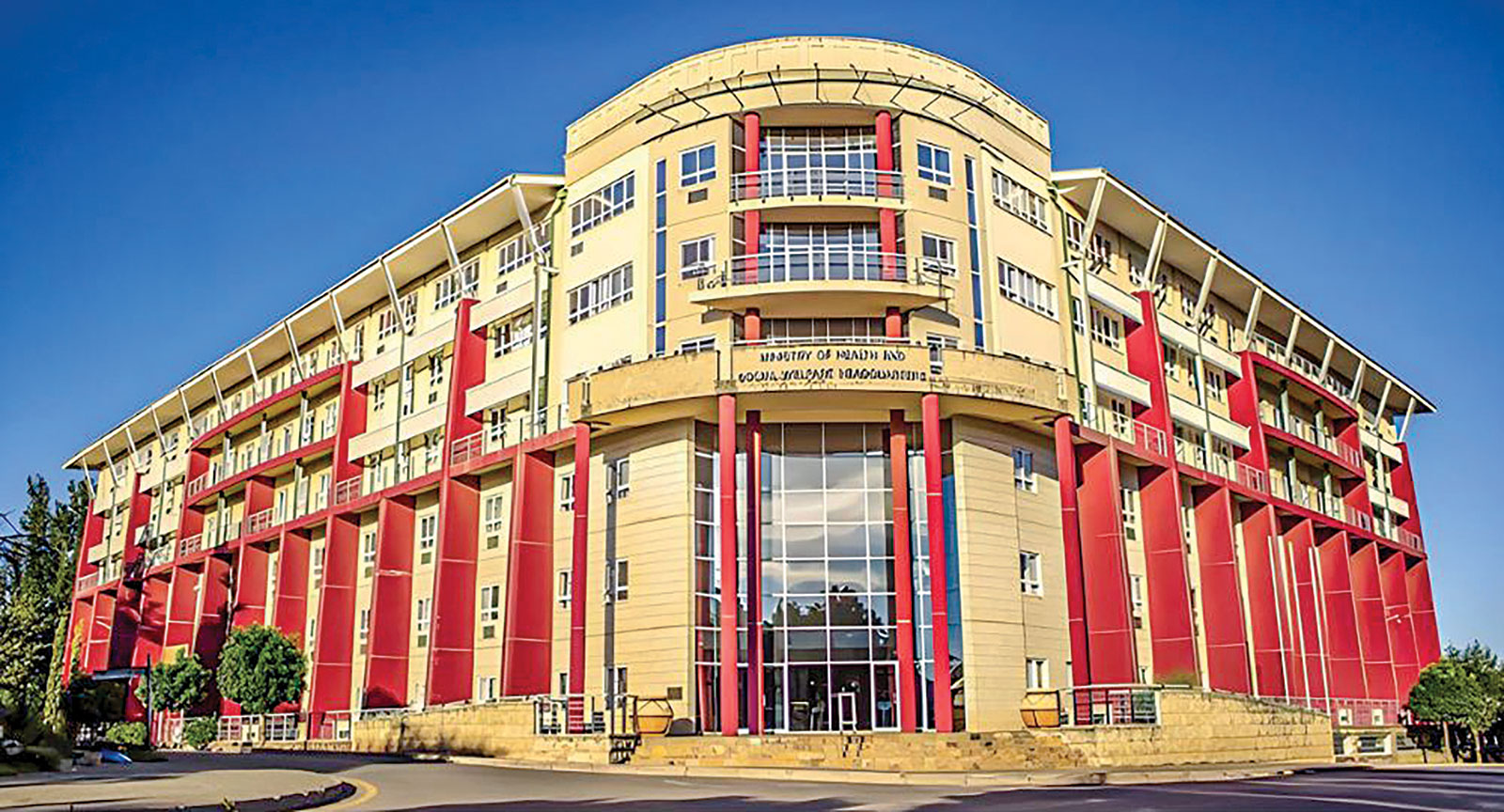
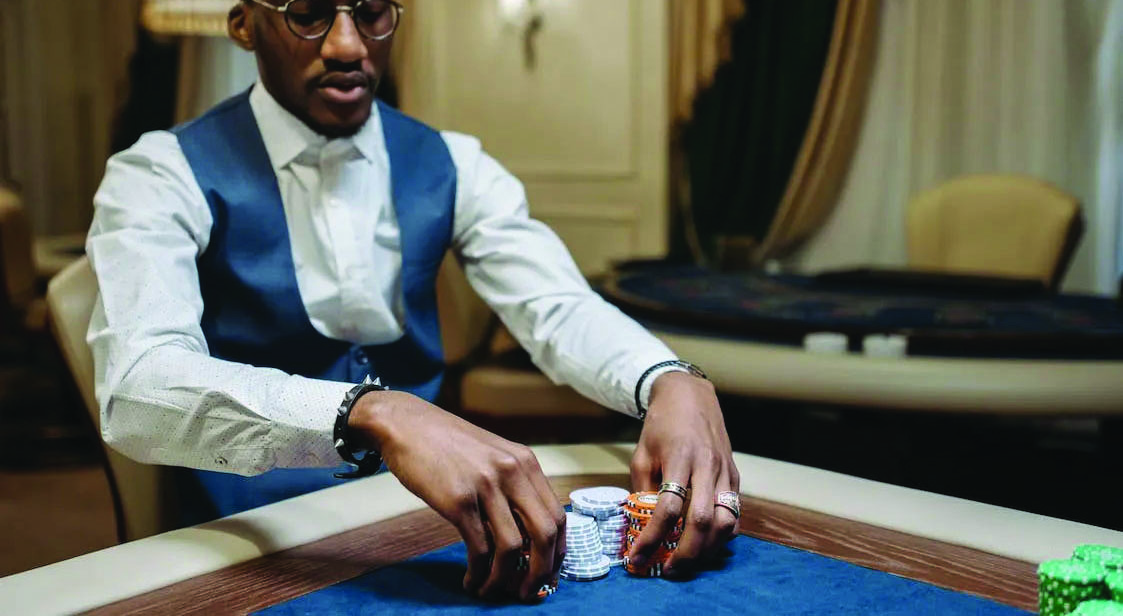
Gambling: A silent crisis among youth
7 days ago
BNP backs govt efforts in US tariff talks
7 days ago
Chinese Language Day to be celebrated
9 days ago